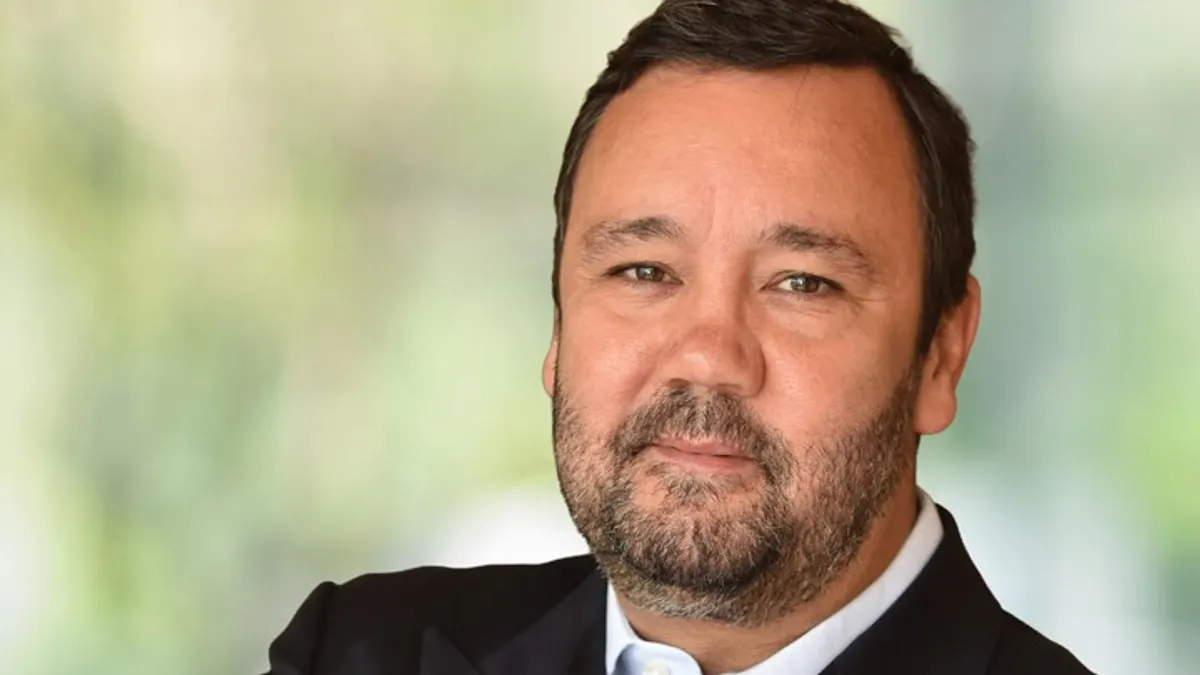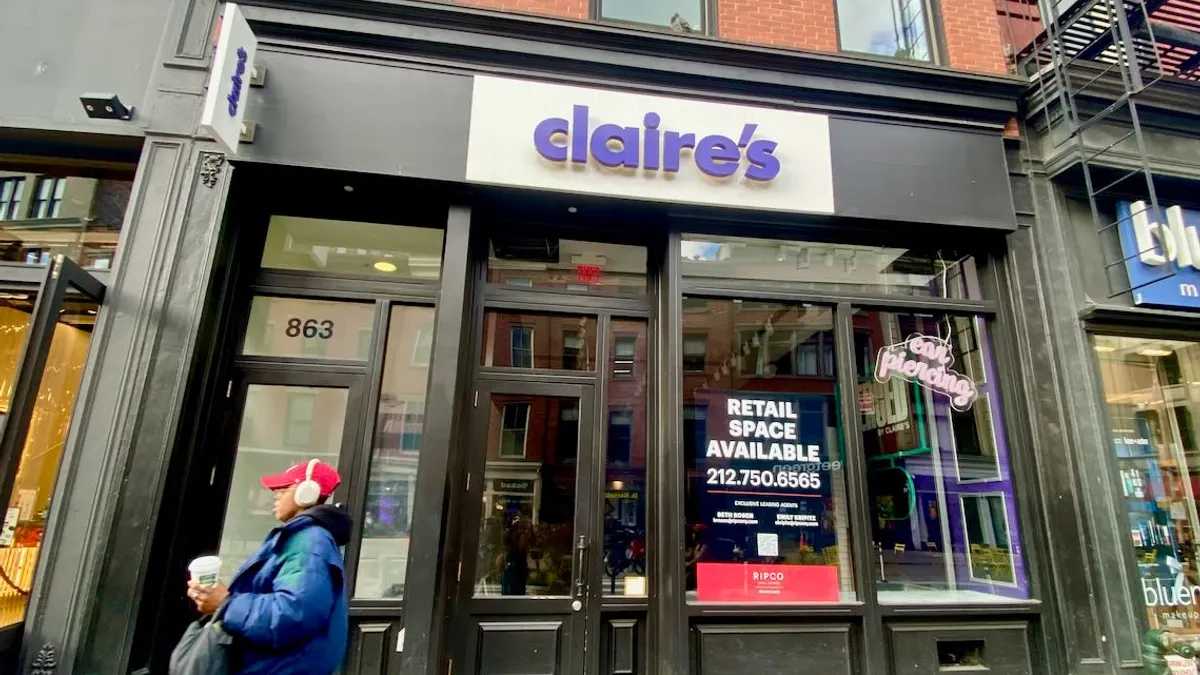Cologix CFO Rachel Stack is used to operating in economic turbulence, having joined the Denver, Colorado-based data center company in July 2020 in the middle of the COVID-19 pandemic.
One of the keys to keeping one’s company on a path to growth during uncertain economic times is establishing a strong leadership team — with CFOs acting as the nexus point. The CFO seat is definitely a leadership position, “but really, my job is to be the glue that holds everything together,” Stack said in an interview.
Building a strong financial foundation
Cologix is a hyperscale data center company with an ecosystem of over 700 networks and more than 360 cloud providers. Stack has been its finance chief for three years.

Prior to Cologix, she served as SVP, corporate strategy and development for the Zayo Group and also logged time at RBC Capital Markets. She started her career as an investment banker, and “really developed a focus around capital raising and mergers and acquisitions,” she said.
Taking on a CFO seat mid-pandemic — especially as a first-time CFO — was “daunting” but also “exciting,” Stack said, noting she did not meet the company’s then-CEO in person for approximately two and a half-years — the leadership team “didn’t spend time as an entire executive team until July of last year,” she said.
Forced like many companies to operate in a remote environment where face-to-face meetings were rare if not impossible, “we spent a lot of time developing our culture, and really developing those ties in various different ways,” Stack said.
Creating those ties was essential for the success of the company’s efforts to boost revenue and for its expansion plans during and beyond the pandemic years. Stack also joined the company during the tail end of alternative investment firm Stonepeak’s original equity investment, with the company having acquired a majority stake in Cologix in 2017.
As the incoming CFO, part of “the mandate was, ‘help us to finish growing EBITDA, and help us explore an exit,” she said. To build up a path to growth, Cologix — which has doubled EBITDA under Stack’s financial tenure — “embarked on both a debt recap and an equity recap at the same time,” Stack said.
Cologix finalized inaugural issuances of $1.13 billion USD in December 2021, following with $883 million Canadian dollars in Canada the subsequent February. With the announcement of its third issuance this April of $195 million CAD in secured notes, the company has raised $1.07 billion CAD debt, according to its April announcement. This follows the completion of its $3 billion equity recapitalization finalized last April, effectuated through a sale by Stonepeak to “Stonepeak-managed vehicles,” the company said.
Weathering the rate environment
Both the equity and debt raises were time as well as work-intensive, making that strong leadership cohesion critical, Stack said. Having a balance of perspectives in the executive team is also beneficial for companies as they move forward into another murky economic environment. Cologix’s executive team, for example, boosts a range of backgrounds. The company’s president, Dawn Smith, served in the U.S. Navy and is also a lawyer who has served as chief legal officer for VMware and McAffee, for example, while Stack brings her investment banking background. CEO Laura Ortman, meanwhile, who took the seat last year, has 25 years of experience in software and IT business operations.
That mix of different personalities and perspectives works well, Stack said, noting that nobody “brings their egos to the table.”
For her part as the company’s finance leader, Stack is keeping her eye on multiple changing developments. This includes the effects of the rising interest rate environment, which “impacts what our investors want from us, it impacts how we think about pricing, it impacts our returns,” she said.
“We need to build, we need to have power, and we need to finance cheaply,” Stack said. “Those are sort of the three things that are table stakes for our investors.”
Economic headwinds and particularly rising interest rates will definitely “create some winners and losers” over the next five years, Stack also said.
The data center company’s past efforts to foster growth put it in a competitive position facing a potential recession. Cologix’s debt is currently at 4.5%, Stack said, which is “well below where companies can finance today.”
That is reflected in the company’s cost of capital, she said, especially as it looks to build out new projects, data centers and consider the impacts of generative AI — a technology which, while in its early innings, is expected to have a huge impact on the data center space.
Meeting investors’ expectations in the current rate environment is also a team effort on the part of Cologix’s executive team, Stack said. When thinking about future plans for growth, Stack works closely with the company’s board and with its sales team, she said.
“Our general philosophy is that we know where the demand is in our 11 markets,” Stack said. Cologix is in 11 markets throughout North America. “And so if we can build and stay there, we feel they're less risky bets than if we go pick a new market and just build there.”
The company also tends “to be very sparing with our equity usage,” she said. “We have very supportive equity partners who are willing to put their equity to use. I tend to, as long as the numbers make sense, I tend to prefer debt, but there are times where we finance with equity, and then use debt to take it out at a cheaper time.”
Cologix is putting its equity to use when it comes to breaking ground on land, for example, she said.
“In general, a lot of our new builds are with equity,” she said. “And then as you come and you get a customer... as you build that you can add a little bit of debt. But honestly, where you really get the juice is when you have a customer, and you can extend that term and get more debt.”





















